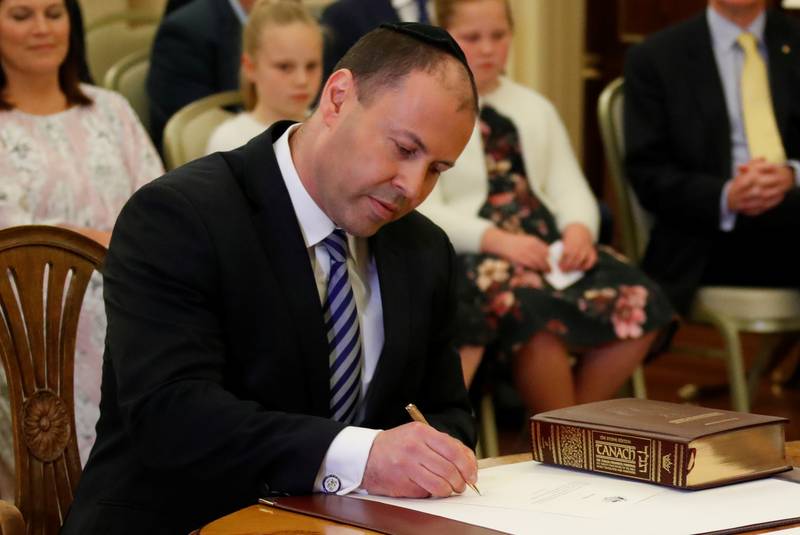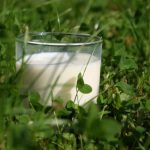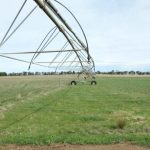
Treasurer Josh Frydenberg has gone against the advice of the Foreign Investment Review Board (FIRB) which was in favour of approving the A$600 million ($430.98 million) deal, the newspaper said.
That would mark the first government veto since Australia in July announced its biggest shake-up of foreign investment law in almost half a century. That gave the treasurer last-resort power to vary or impose conditions on deals even after FIRB approval, or force divestment in the event of a national security risk.
The revision came partly in response to fear that the economic impact of the COVID-19 pandemic would make buying strategic assets easier for cashed-up foreigners.
The law does not mention any specific country of origin. China Mengniu’s approach, however, came against a backdrop of increasing Sino-Australia tension after Canberra called for an international inquiry into the origins of the novel coronavirus, which was first reported in China at the end of last year.
China Mengniu offered to buy Lion Dairy & Drinks Pty Ltd from Japan’s Kirin Holdings Co Ltd <2503.T> in November, just 10 days after receiving FIRB’s approval to buy infant formula maker Bellamy’s for A$1.43 billion. It gained approval from Australia’s competition regulator for the Lion deal in February.
“The government does not comment on the details of foreign investment screening arrangements as they apply, or could apply, to particular cases,” Frydenberg said in an emailed response to Reuters’ questions about the report.
A spokesman for Kirin said, “We have heard nothing is decided, so we cannot comment based on speculation.” A spokesman for China Mengniu declined to comment.
China Mengniu’s Hong Kong-listed shares were down 3.9% in a broader market <.HSI> that fell 1.9%. Kirin shares closed down 0.1% in Tokyo versus a 1% fall in the benchmark index <.N225>.
LOCAL OPPOSITION
In March, Queensland Liberal National Party agriculture spokesman Tony Perrett wrote a letter to Frydenberg about milk supply concerns with the Mengniu deal and stating “grave concern about major food processor brands being purchased by Chinese companies with close ties to the Chinese government”.
“Given the increased uncertainty around food security and the need for greater economic self-reliance because of the coronavirus pandemic, there has been a substantial shift in the public’s expectation,” Perrett said in the letter.
Perrett’s office on Thursday said a reply from the assistant treasurer was received in July saying Australia’s need for investment would be balanced with upholding the national interest.
Still, the treasurer’s opposition to the deal would be surprising given it was between two foreign companies and involved neither land nor sensitive assets, a person close to the companies said.
INTERNATIONAL STANDOFF
Rocky diplomatic relations between Australia and China suffered further in May when Canberra joined Western peers in criticising a security law that Beijing imposed on Hong Kong.
That came after Beijing imposed import tariffs on Australian barley and suspended some beef imports. In June, it advised Chinese students and tourists to avoid travelling to Australia, citing racial discrimination.
On Tuesday, China’s commerce ministry announced an anti-dumping probe into imports of Australian wine.
Chinese investment to Australia more than halved in 2019 to $2.4 billion, and the number of deals is likely to keep falling this year due to the diplomatic tension as well as the coronavirus outbreak, bankers said.
“The cooling of relations has a fairly large impact,” said a banker that advises on international mergers and acquisitions, requesting anonymity because of the sensitivity of the issue.
The banker said Chinese investors were still interested in Australian assets but were practical enough to understand the current difficulties were driven by politics.
(Reporting by Renju Jose, Paulina Duran, Scott Murdoch and Kirsty Needham; Additional reporting by Ritsuko Ando; Editing by Lincoln Feast and Christopher Cushing)

























